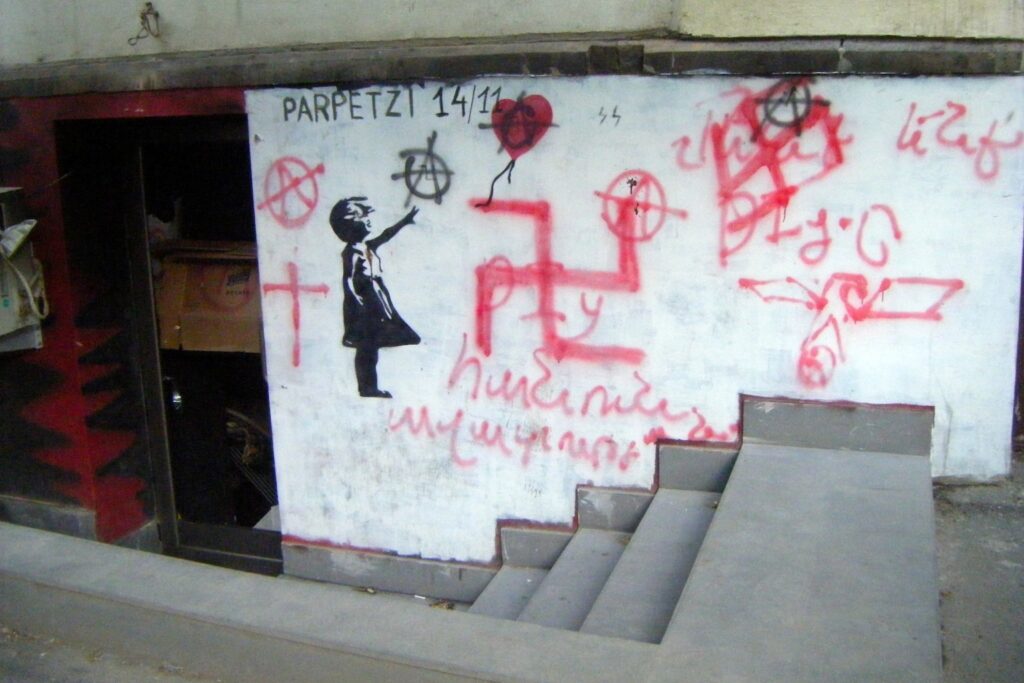Oganezova v. Armenia, Nos. 71367/12 and 72961/12, ECtHR (Fourth Section), 17 May 2022

The ECtHR dealt with hate crimes and homophobic, online and not-online, hate speech in the case Oganezova v. Armenia of 17 May 2022. The decision is a significant contribution to the legal debate on pluralism and hate crimes. The case involved violent attacks against a member of the Armenian LGBT community. The applicant lodged an application to the ECtHR complaining about the violation of her right to be free from inhuman and degrading treatment (article 3) in conjunction with the prohibition of discrimination (article 14).
A well-known activist in promoting the rights of LGBT persons in Armenia and internationally, Ms. Oganezova co-owned a bar in Yerevan, where LGBT people used to meet to socialise. She became the target of an online hate campaign on the basis of her sexual orientation. Almost a year later, several persons entered her bar, intimidating and harassing the clients. Later, two persons of the same group set the club on fire. The intimidation campaign continued also after the arson attack when what remained of the bar was vandalised (see the picture above).
The ECtHR identified Armenian authorities’ failure to provide adequate protection and conduct effective investigations. Precisely, the Court stressed that article 3 may, in specific circumstances, require a state to take the relevant measures to protect (potential) victims of ill-treatment. While this positive obligation should not be interpreted in such a way as to impose a disproportionate burden on the authorities, the required measures should at least provide protection to vulnerable groups (paragraph 83). With regard in particular to hate speech, the Court highlighted that comments amounting to hate speech and incitement to violence may in principle require the states to take positive measures, although not each and every utterance of hate speech must, as such, attract criminal prosecution (paragraph 119).
In the present case, the ECtHR concluded that deterrence against discriminatory hateful comments, containing ‘undisguised calls for violence’ such as those directed against the applicant, would have required efficient criminal-law mechanisms (paragraph 120). The Court also underlined the importance of impartial and effective investigations where there is a suspicion that discriminatory acts led to violence, in the light of the need to ‘continuously maintain the confidence of minority groups in the ability of the authorities to protect them from the discriminatory violence’ (paragraph 85).
In conclusion, the ECtHR found a breach of the prohibition of discrimination on the ground of sexual orientation in the context of inhuman and degrading treatment (article 14 and article 3).
The picture shows the entrance to the applicant’s bar in Yerevan, defaced with Nazi graffiti after the arson attack.
(Comment by Giovanna Gilleri)

